Thanks for reading Frontiers of Psychotherapist Development (FPD) and our weekly newsletter, Frontiers Friday (FF). If you are new here, learn about me, the About Page and our “Grand Plan” overview post.
These missives are meant to be what Lewis Hyde describes as true “Gifts.” What this “Gift” concept means for me is that
Nothing is expected out of you.
I hope you receive it.
I hope this animates and transforms you.
I hope you spread the love to others.
Here’s Part IV of the Parenting series. If you’v missed the previous three, feel free to go back.
FF158. Parenting (Part IV)
📕 Recommended Book: The Highly Sensitive Parent
I'm somewhat embarrassed to say that this book helped me. I get overstimulated easily, and in turn, drained, depleted, and grumpy—and there goes patience and attunement with my kids.
Sometimes this is referred to as sensory processing sensitivity (SPS). In Elaine Aron’s book, see described that these high in SPS parents tend to state a paradox: “I’m doing well and doing terribly.”
I’ve addressed this topic on sensitivity in the past if you are interested to dive in further.🍽️ Web-Read: Start Dinner Conversations with Your Child
In a Paris interview in 1964, Picasso said"Computers are useless. They can only give you answers."Therapists are no strangers to asking questions. Questions opens up the floor. Good questions are an invitation not for answers, but to connect.
Here’s a smorgasbord of conversation starters with your child during a meal:
Getting to Know Your Child
- If you could have any super power, what would it be and why?
- If you could ask anyone for help, who would it be and why?What scares you the most and why?
Your Relationship with Your Child
- What is your favorite thing about our relationship?- What is your least favorite thing about our relationship?
- If you got into really big trouble, how do you think I would respond?
Values & Character
- Did you help anyone today?- Did you have a chance to be kind to anyone today?
- Is it hard to make the choice to be kind sometimes?
- Was anyone kind to you today?”
Emotions
- What do you think the purpose is of the various emotions?
- How do you see me handle big emotions?- When do you like me to hug you? When does it embarrass you?
There’s more in this blogpost.
Personally, instead of asking “How was your day?” I prefer to ask my kids “What is ONE highlight of the day for you?”
Your kids might ask you back the same question too.👨🏻💻 Web-Read: Time In vs. Time Out
Time-out seemed to be the common prescription for bad behaviour. It’s a common practice I used to hear many people take with their kids in my clinical practice.
Here’s renowned psychiatrist Dan Siegel on the issue with time-outs:
“Decades of research in attachment demonstrate that particularly in times of distress, we need to be near and be soothed by the people who care for us. But when children lose emotional control, parents often put them in their room or by themselves in the “naughty chair,” meaning that in this moment of emotional distress they have to suffer alone.”
…The problem is, children have a profound need for connection.
…When the parental response is to isolate the child, an instinctual psychological need of the child goes unmet.”
Here’s an article on a parent who made the switch from time-outs to time-ins.
In gist, the principle is not to punish by pushing the child away. Rather, time-in is a way to work towards discipline, rather than punishment, and crucially, to establish connection.
Makes sense, right? There seemed to be some push-backs. Here’s some of them, as well as a more nuanced discussion around inappropriate and appropriate use of time-outs.📽 Movie: Yes Day
What if the improv acting principle of saying “Yes, and...” is taken to a day of adventure for the family? What if for a day, you can’t say “NO” to your kids?
Our family loved this movie. We watched it twice. It’s a feel-good show, but it’s also a reminder to break the hum-drum patterns of our daily lives.⏸️ Words Worth Contemplating:
"Many of us take pride in how different we are from our parents. We are endlessly sad at how different our children are from us."
~ Andrew Soloman, Far from the Tree.
Reflection:
How do you protect your time with your family?
Notice Board:
Greetings from Copenhagen, Denmark. We’ve just spent 3 days with clinical supervisors and another day with mental health professionals who are driven to improve their work. What a treat to spend the time together. I hope we stay in touch.
My sincere thanks to Bruno Vinther for not only the invitation to teach, but also to collaborate. I feel like you are my long-lost Danish brother.Special thanks to Stig Poulsen and Celia Fay Jacobsen from the University of Copenhagen for the invitation to meet up and talk-shop. You guys are doing some interesting research.
You might be interested in my other Substack, Full Circles: Meditations on the Inner and Outer Life. The last essay is called Stumbling on Self Forgetting, somewhat of a genesis story.
Daryl Chow Ph.D. is the author of The First Kiss, co-author of Better Results, and The Write to Recovery, Creating Impact, and the new book The Field Guide to Better Results.




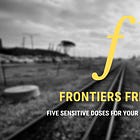
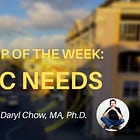
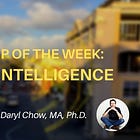
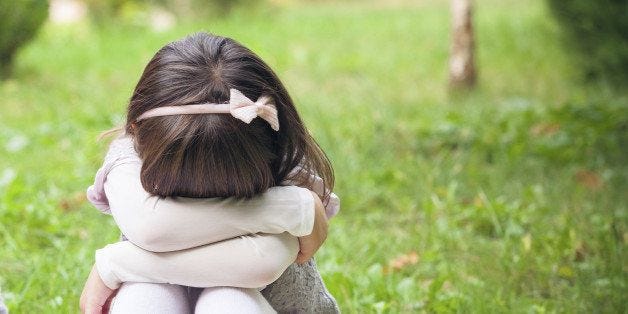

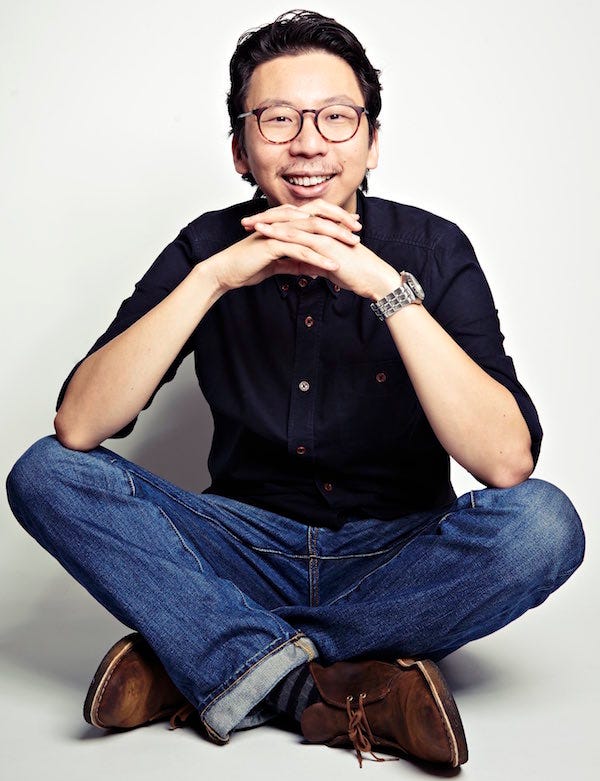
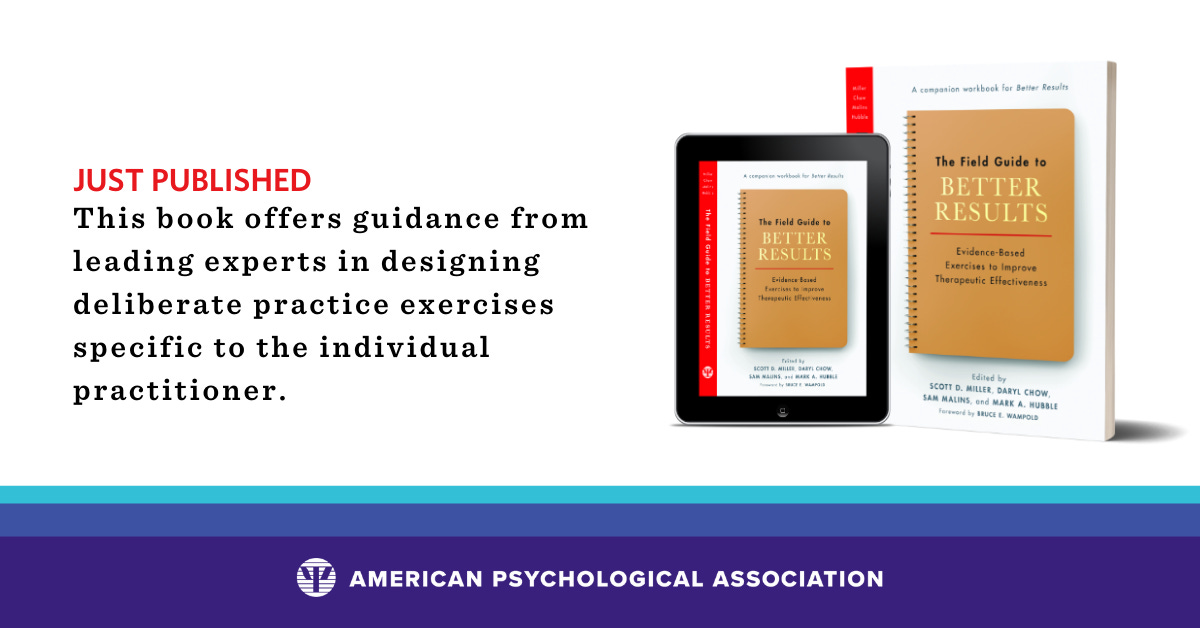
Just after publishing today's newsletter, I came across 2 very important posts on Substack that is related to parenting. See the Notes section: https://substack.com/@darylchow/notes